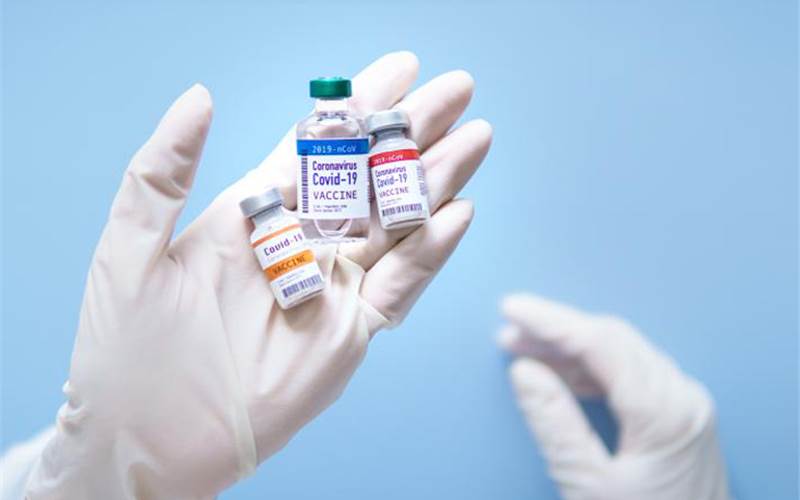Beware of fake Covid-19 vaccines, says anti-counterfeit body
As the country goes through the much-anticipated vaccination drive, Nakul Pasricha, president, Authentication Solution Providers’ Association (ASPA), has sounded the warning bells about the possibility of the Covid-19 vaccines being counterfeited in India.
17 Feb 2021 | By PrintWeek Team
In an interview with the Outlook magazine, Pasricha said the absence of anti-counterfeiting and traceability measures is going to make it easy for replicating the vaccine packaging while potentially putting inactive or even harmful contents inside the vial.
He explained that incidents of vaccine falsification are not new for India and the world. For example, last year, a big racket was busted in Rajasthan that was involved in counterfeit Meningitis vaccines. Three months ago, in September 2020, Odisha’s drug enforcement agency arrested a man on charges of trying to sell fake Covid-19 vaccines in the Bargarh district. The accused was found preparing vials with Covid-19 vaccine stickers on them. This year, itself, various agencies had issued alerts raising the concerns of fake incidents.
The Authentication Solution Providers' Association (ASPA) is a body which provides an answer to the problem of counterfeiting of products in India and abroad with the help of various new technology.
Pasricha added, “Recently, Interpol had issued the global alert to law enforcement agencies across its 194 member countries warning them to prepare for the organised crime networks possibly targeting Covid-19 vaccines, both physically and online. These concerns are justifiable and genuine, as from time-to-time various enforcement authorities had issued global alerts. Over the past five years, worldwide incidents such as theft and counterfeiting of pharmaceutical products rose nearly 69%, according to the Pharmaceutical Security Institute, a trade group.”
In the Indian scenario, as per ASPA study, pharma and healthcare products are amongst the top 10 sectors reported with the highest number of the counterfeit incidents in the last two years.
Pasricha added that most pharma companies are aware of these risks as well as of solutions. “For export, most large companies have already implemented serialisation and traceability as per Directorate General of Foreign Trade (DGFT) guidelines. This is the best chance for them to implement these in the domestic market, and we would strongly encourage Drugs Controller General of India (DCGI) and Ministry of Health and Family Welfare to look into these measures,” he added.
He said that serialisation is required for all exported medicines as per DGFT. However, for the domestic market, there is no regulation governing serialisation, traceability or anti-counterfeiting in general. “There should be one, and this is the need of the hour,” he added.












 See All
See All